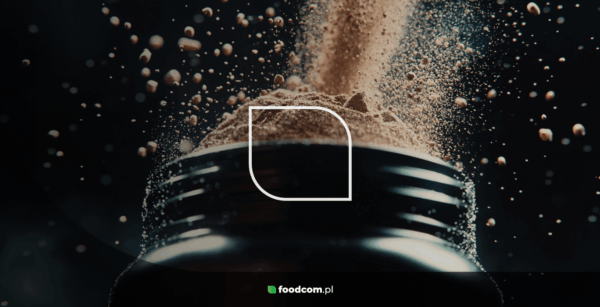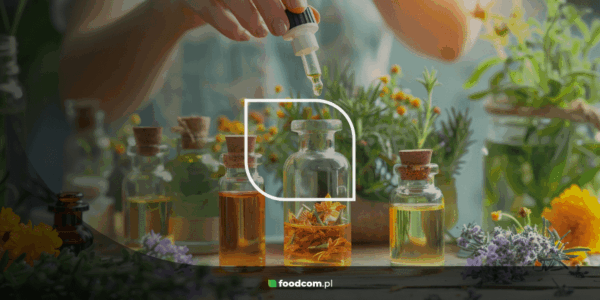We Are The Powerful Trading House.
Su Aliado Comercial. Para Todos los Productos.

Productos Populares
Productos Más Negociados
Foodcom S.A. Newsletter
Todo lo que necesita saber lo encontrará en nuestra Newsletter. Suscríbase.
- Reportajes
- Noticias del sector
- Estadísticas
- Precios actualizados
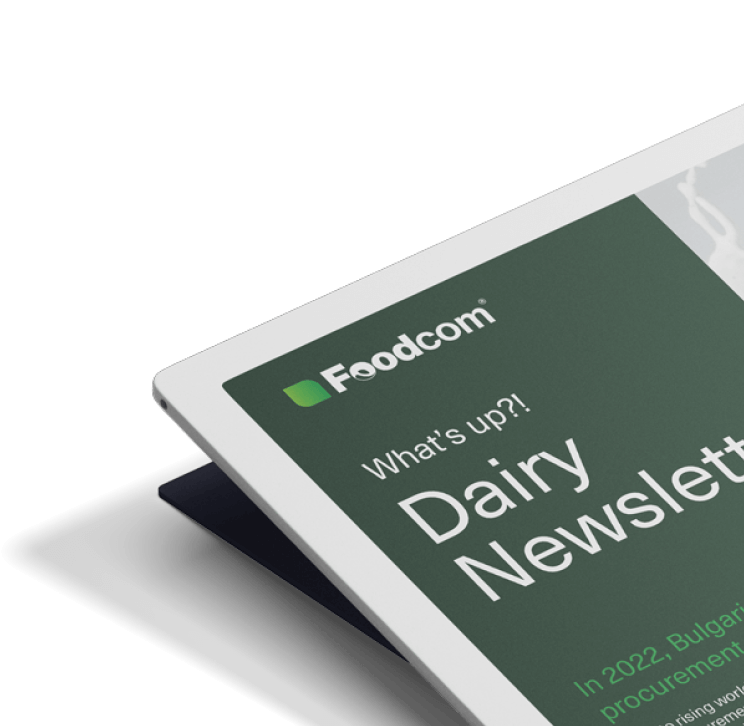

Foodcom S.A.
Somos una empresa de comercio. Comercializamos ingredientes alimentarios, de nutrición animal, materias primas industriales y productos de FMCG -grandes marcas.
Nos distingue nuestro equipo internacional y nuestro amplio conocimiento del mercado. La calidad de nuestros productos y servicios se sitúa al más alto nivel, lo que queda patente en la satisfacción de nuestros Socios Comerciales que llevan muchos años trabajando con nosotros.
Llevamos años destacando en el océano del comercio internacional y la experiencia adquirida nos hace imparables en el mercado.
Conozca Foodcom S.A.
Cómo empezar a cooperar
Condiciones de pago
Condiciones de transporte
Nuestros certificados
Las orcas actúan sin vacilar. Nosotros también.






Contacto
Contáctenos!
Póngase en contacto con nosotros a través del formulario y recibirá una respuesta a cualquier pregunta en un plazo de 4 horas.
¿Busca un Socio Comercial de confianza?
¿Necesita un proveedor de aditivos para su producción?
¿Le interesan otros productos además de los que aparecen en el sitio web?

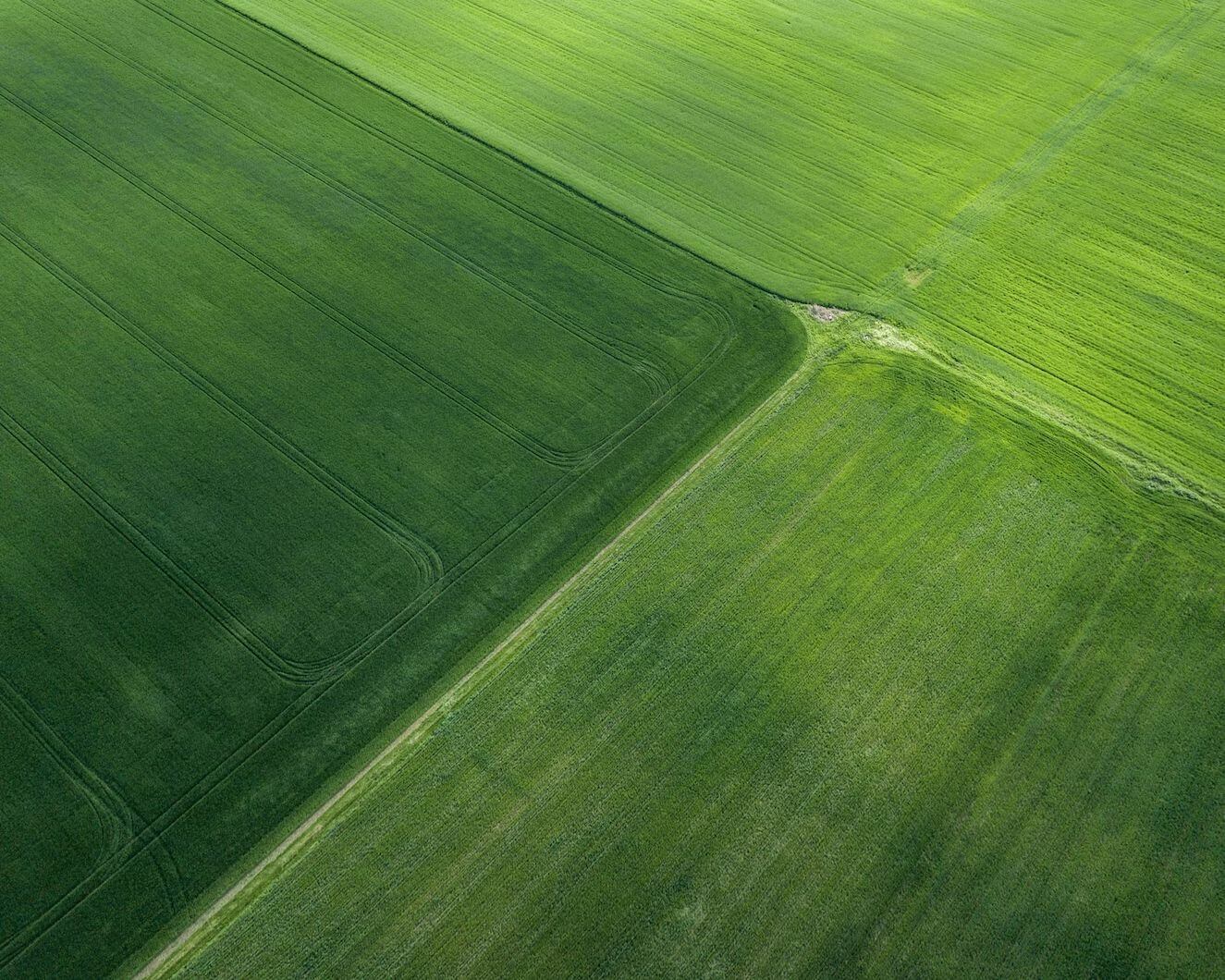



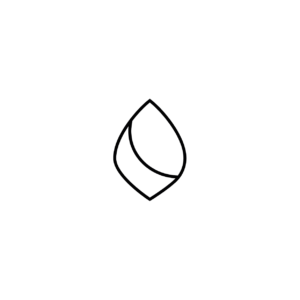




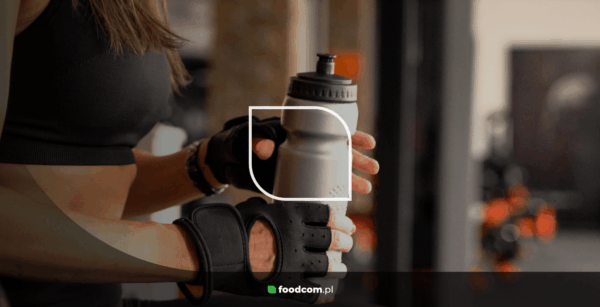
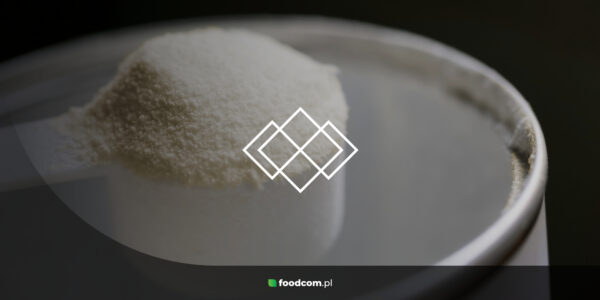
![Przegląd rynku kreatyny w 2025 [Global Report] Przegląd rynku kreatyny w 2025 [Global Report]](https://foodcom.pl/wp-content/uploads/2025/06/Przeglad-rynku-kreatyny-w-2025-Global-Report-600x300.png)
